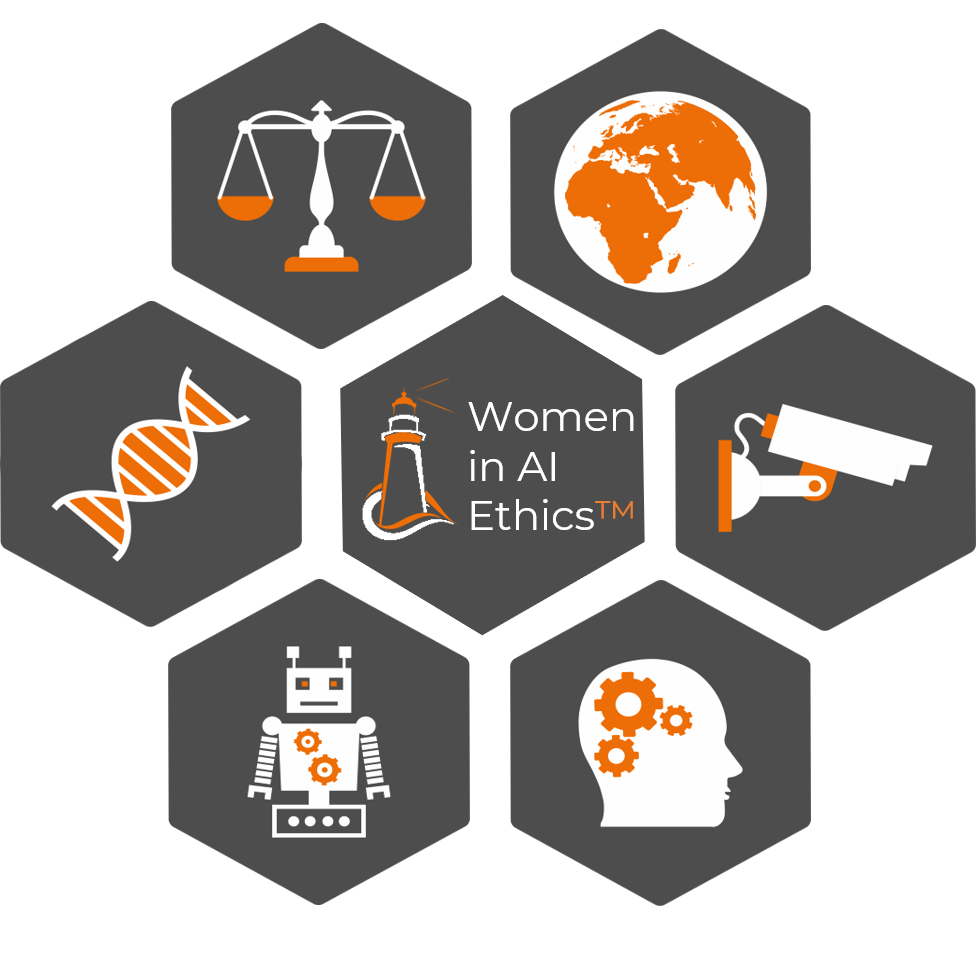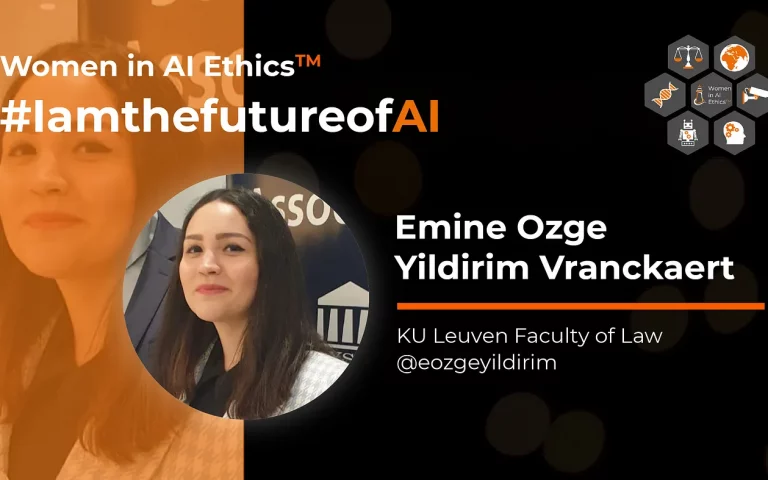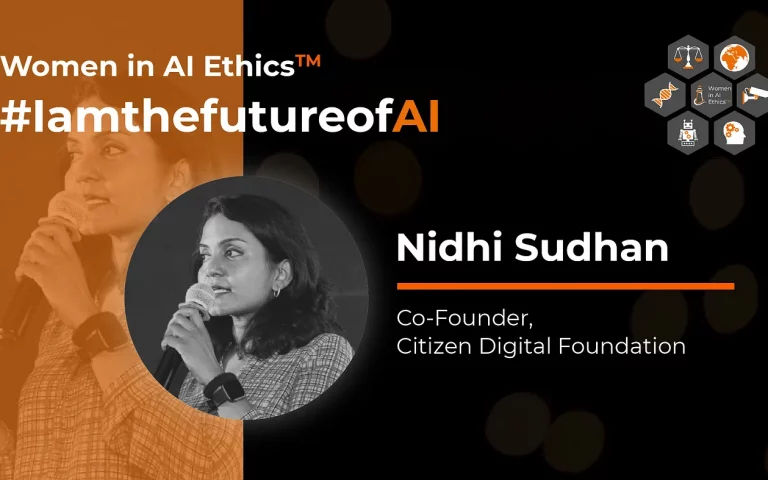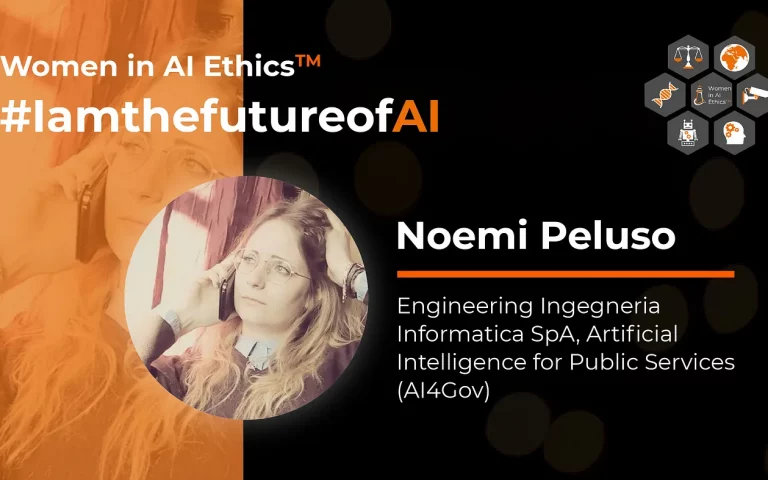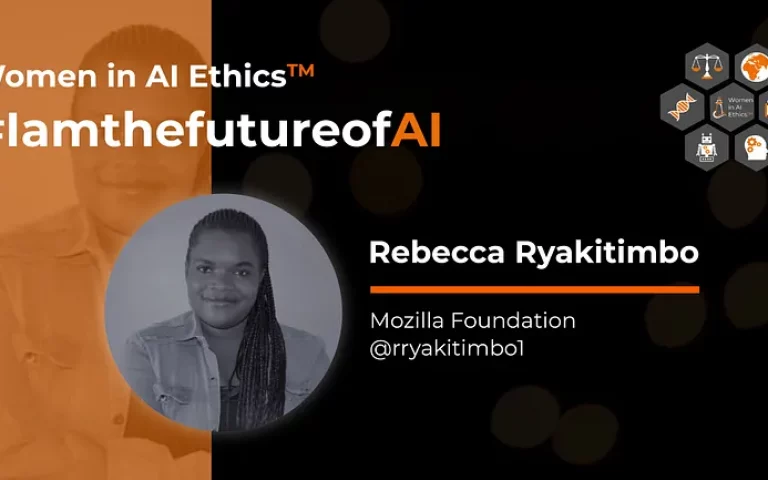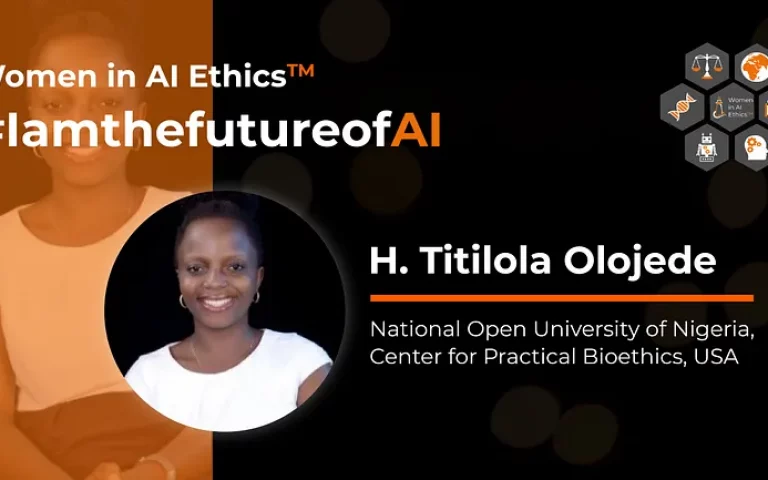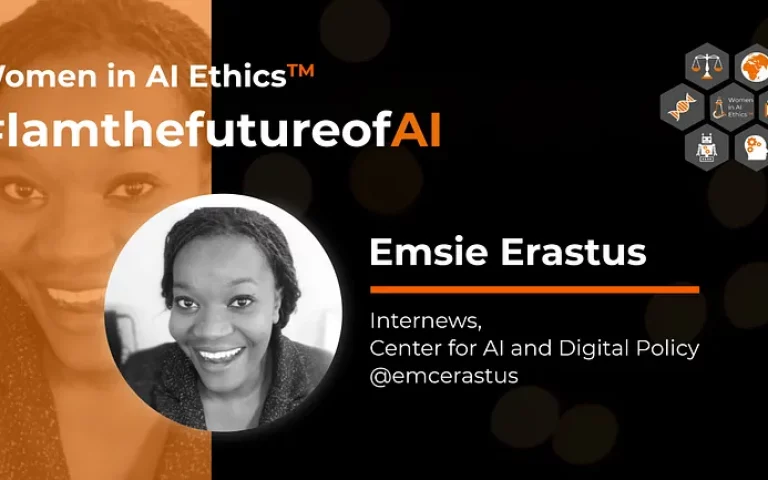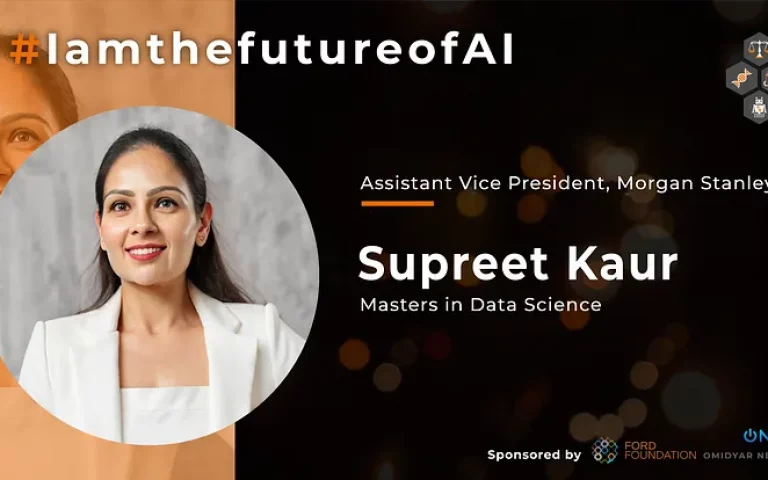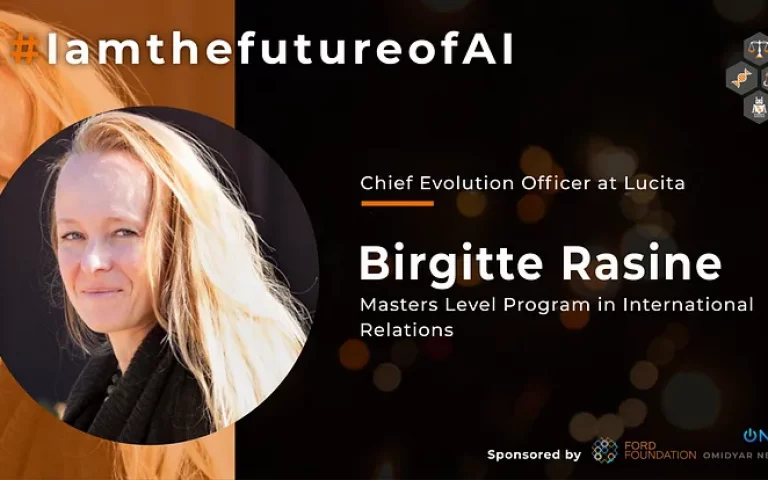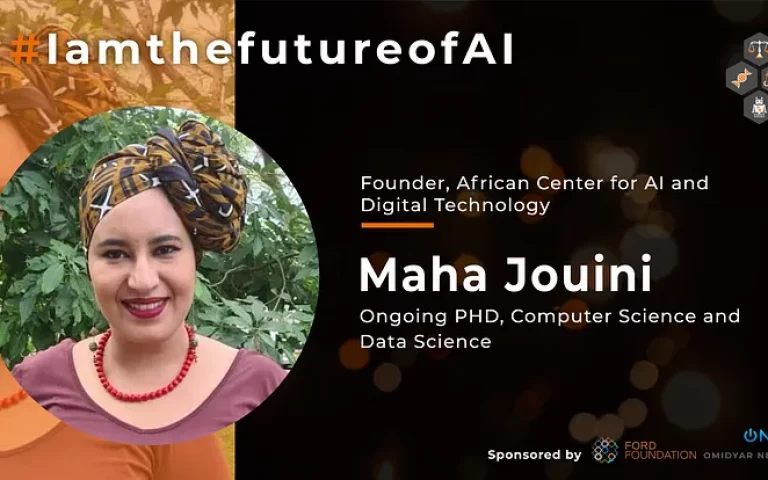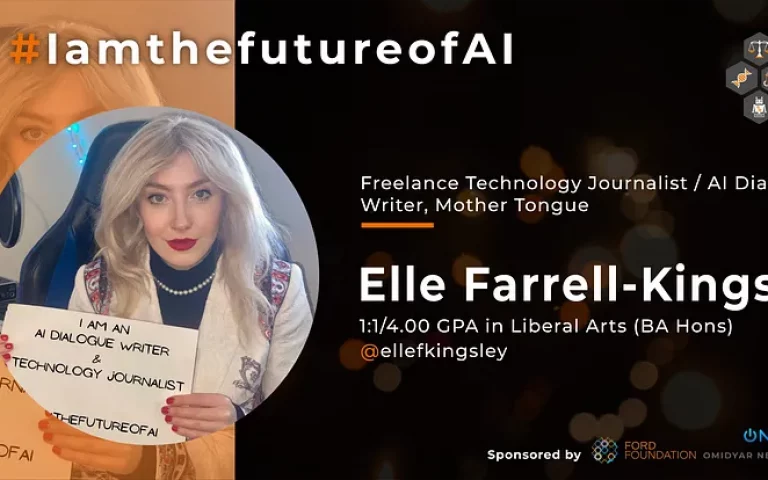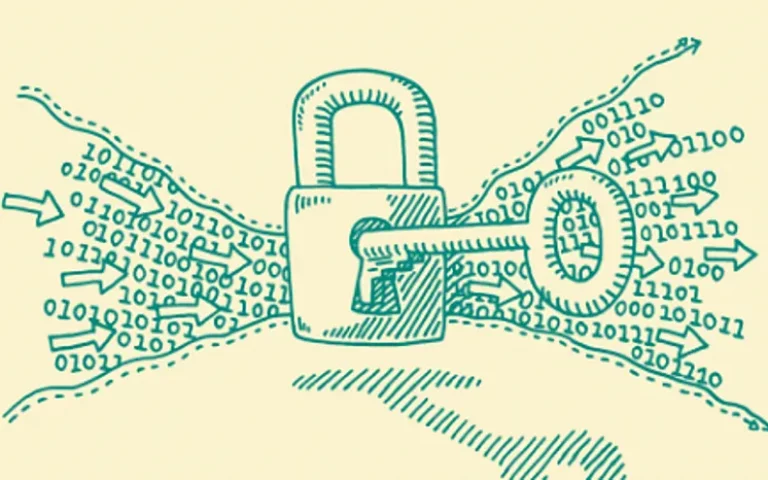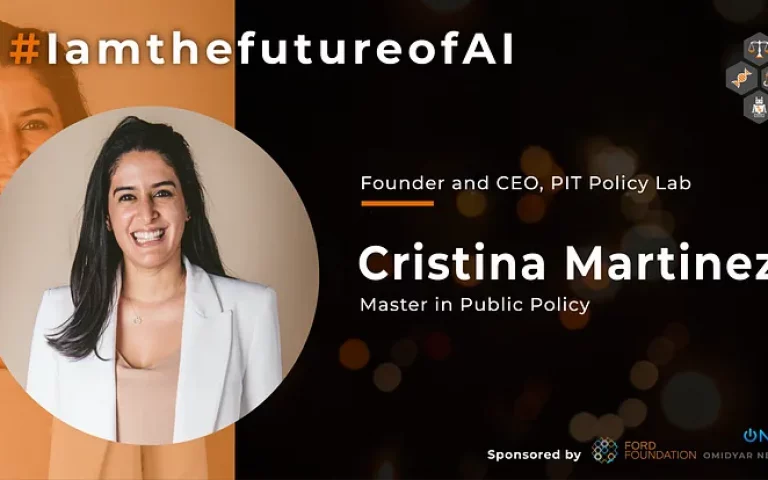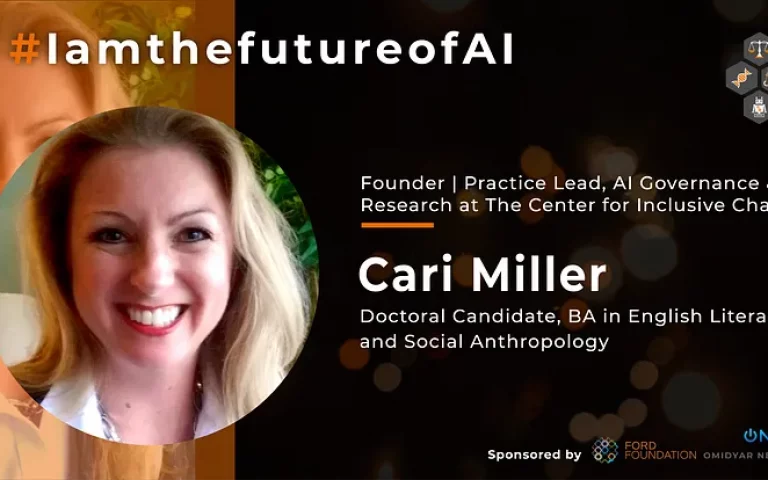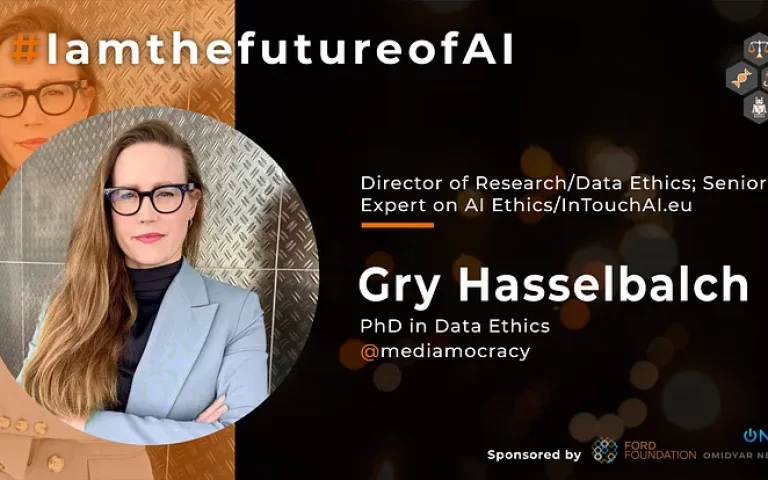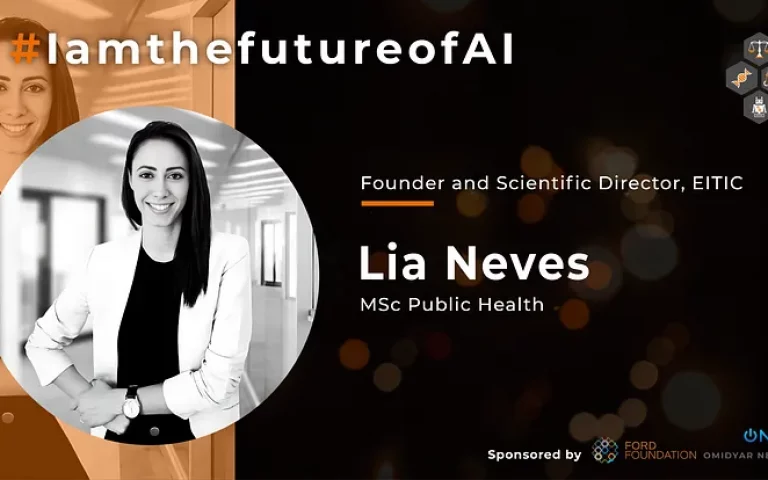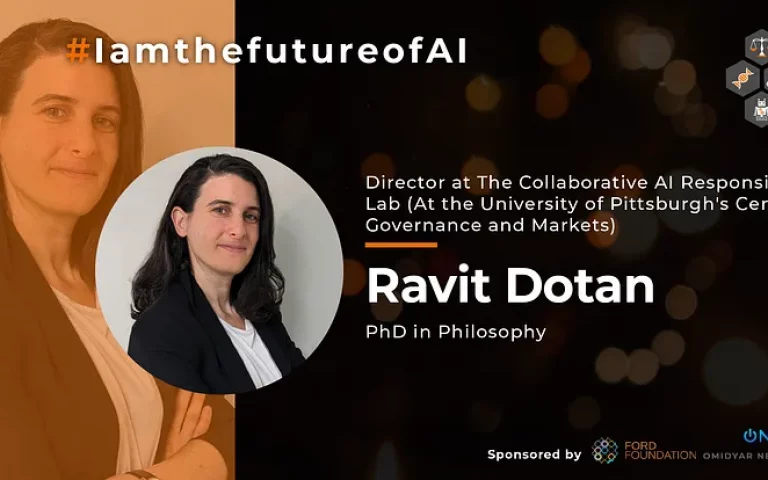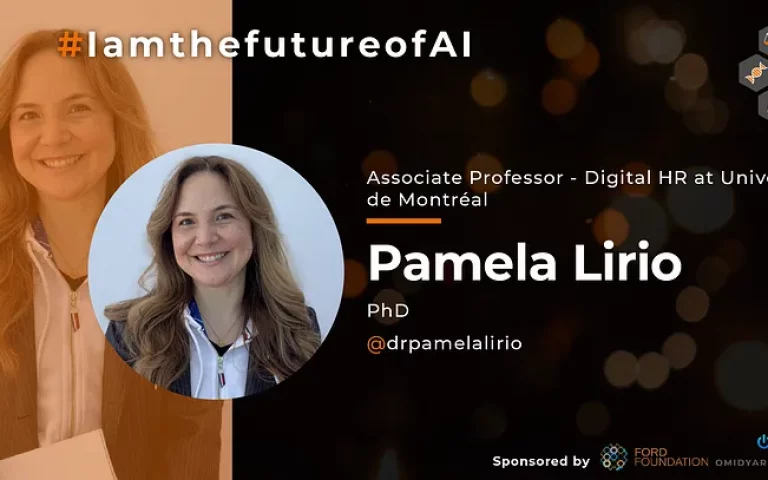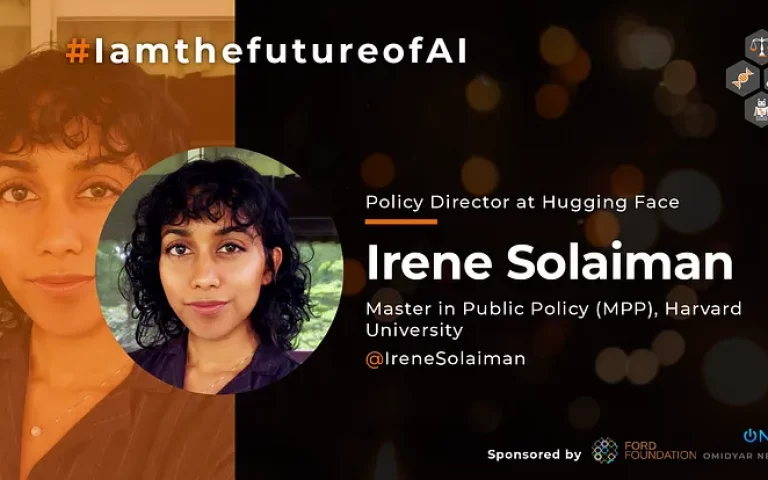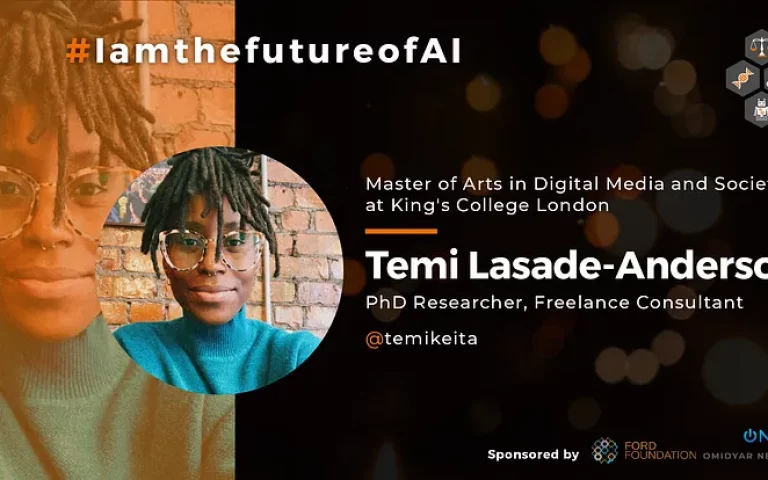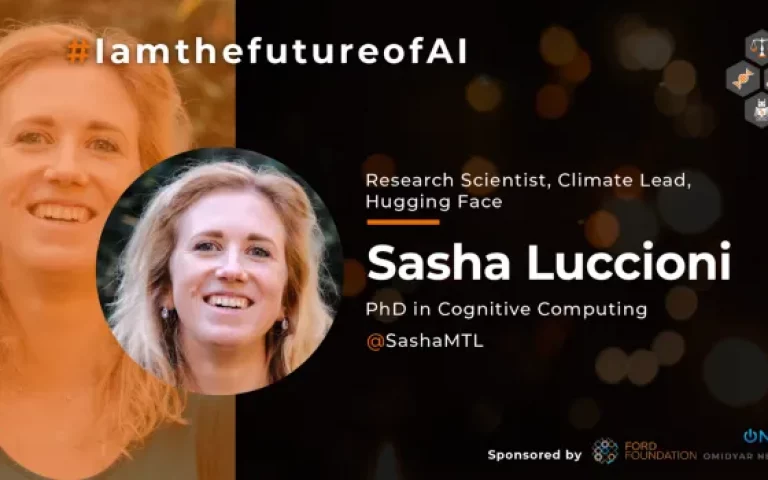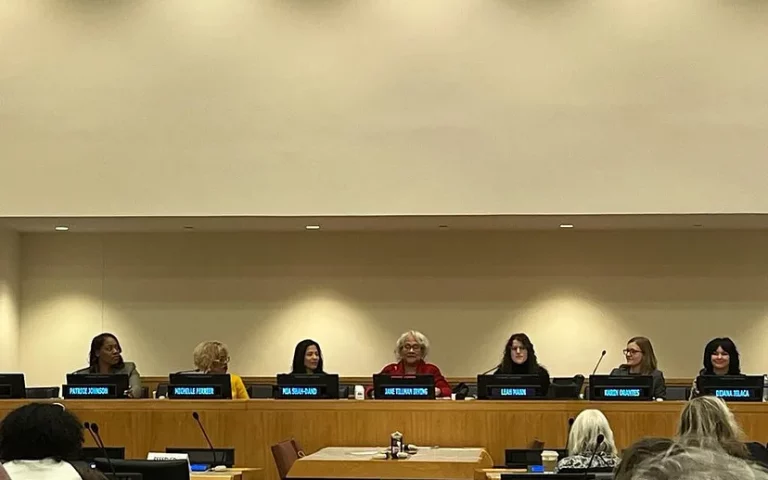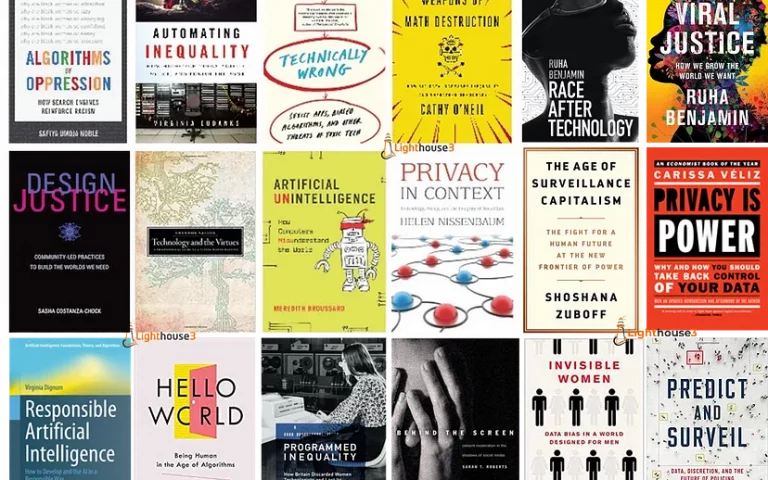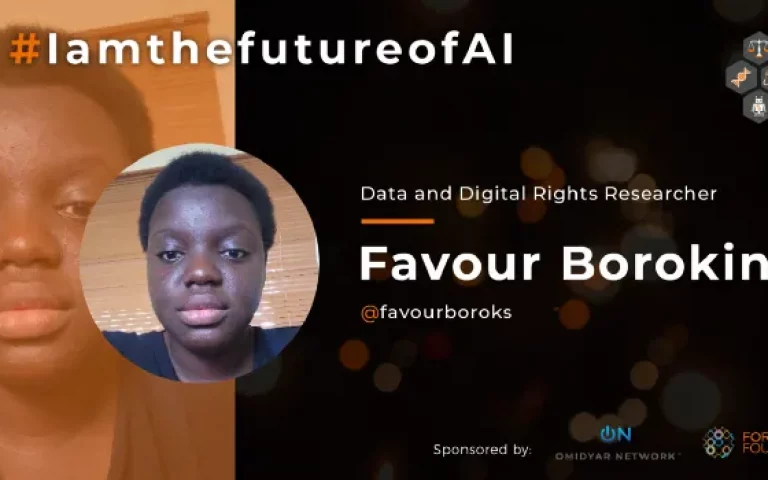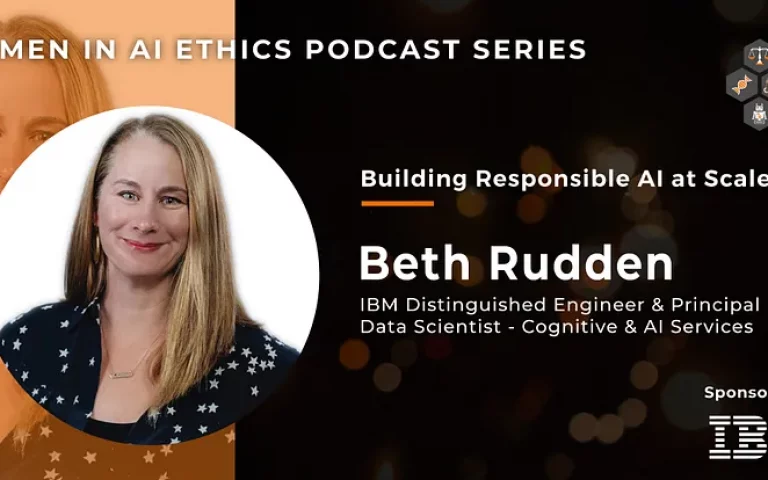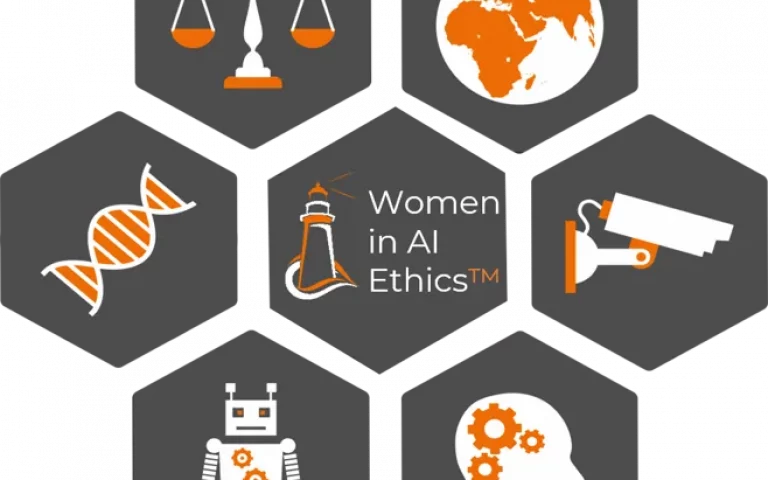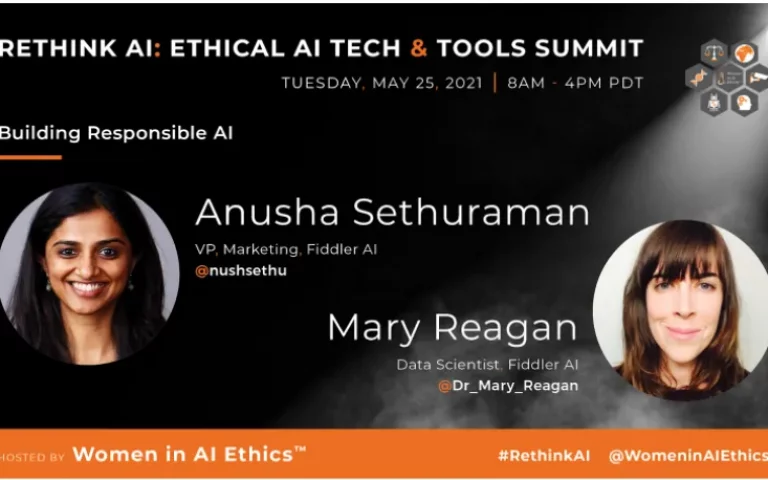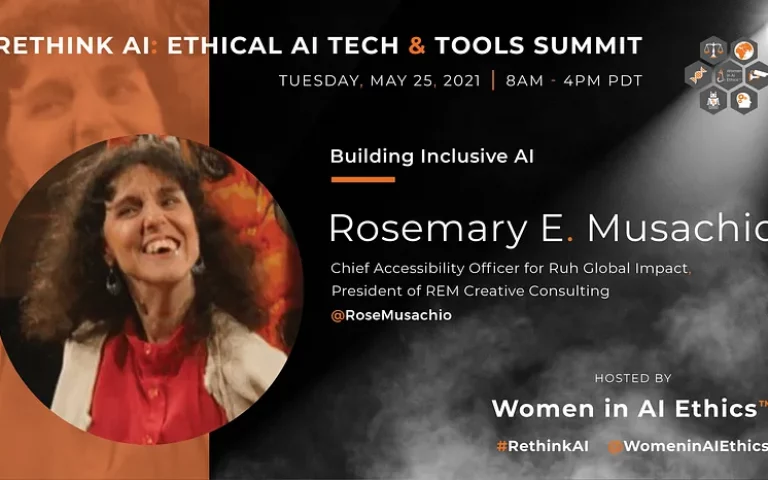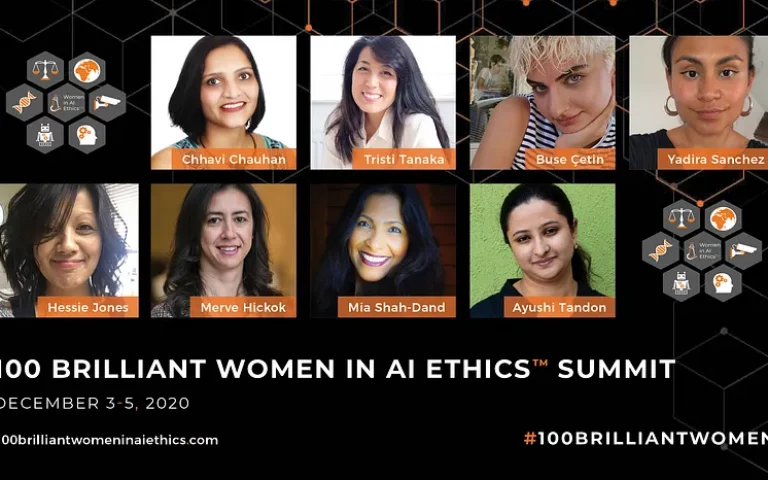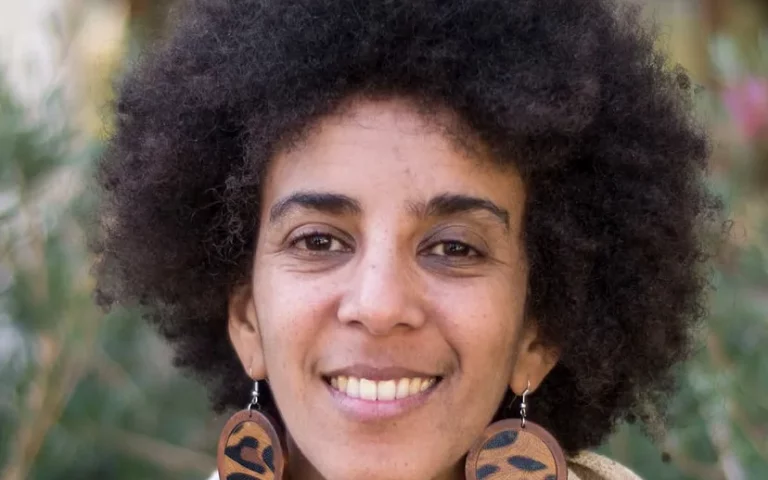As a software engineer at MathWorks, Anoush Najarian leads teams focused on performance engineering and AI-assisted coding and helps nurture grassroots DEI (diversity, equity inclusion) and Ethical AI efforts.
In this interview, she talks about how she got started in the space, what her current role entails including its challenges, and how she continues to come out on top of them. She also includes words of encouragement for anyone interested in joining the AI space.
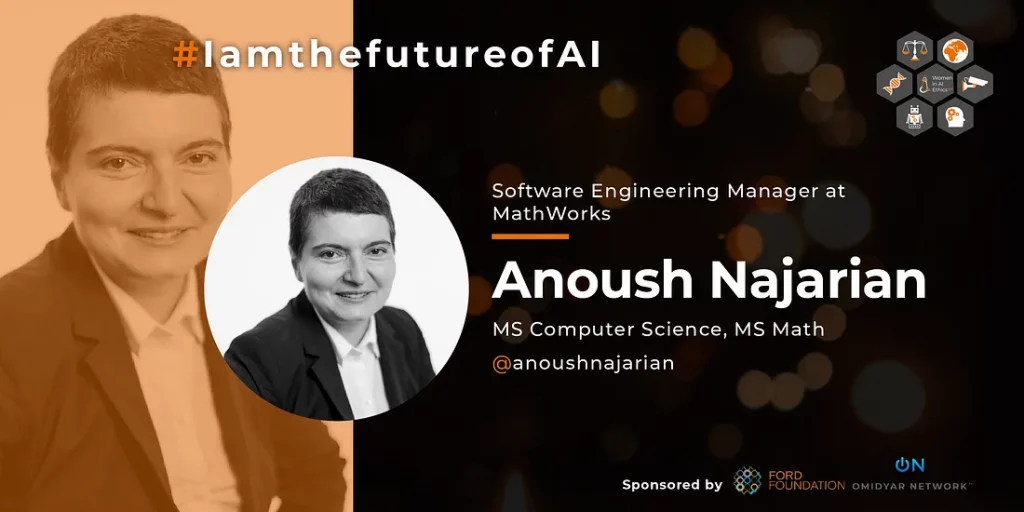 This interview is part of Women in AI Ethics (WAIE)’s “I am the future of AI” campaign launched with support from the Ford Foundation and Omidyar Network to showcase multidisciplinary talent in this space by featuring career journeys and work of women as well as non-binary folks from diverse backgrounds building the future of AI. By raising awareness about the different pathways into AI and making it more accessible, this campaign aspires to inspire participation from historically underrepresented groups for a more equitable and ethical tech future.
This interview is part of Women in AI Ethics (WAIE)’s “I am the future of AI” campaign launched with support from the Ford Foundation and Omidyar Network to showcase multidisciplinary talent in this space by featuring career journeys and work of women as well as non-binary folks from diverse backgrounds building the future of AI. By raising awareness about the different pathways into AI and making it more accessible, this campaign aspires to inspire participation from historically underrepresented groups for a more equitable and ethical tech future.
Can you share an incident that inspired you to join this space?
The incident that prompted me to join this space is the firings of the Ethical AI team co-leads Dr. Timnit Gebru and Dr. Margaret Mitchell outraged me and so many others, and motivated me to get more involved in this field.
How did you land your current role?
I joined MathWorks almost 15 years ago. It’s been exciting to be able to craft my role, from working in Performance Engineering to managing a team, to expanding into AI-Assisted Coding, and along the way, helping lead our grassroots DEI (diversity, equity, inclusion) team and nurture Ethical AI efforts.
What kind of issues in AI do you tackle in your day-to-day work?
I’ve had to think about all of these challenges: bias, data privacy, consent, and surveillance, in my work, and community outreach.
If you have a non-traditional or non-technical background, what barriers did you encounter and how did you overcome them?
I grew up in the former USSR, in Armenia. Living in a surveillance state forced us to be fearful, beware of snitching, and protect our own. The history of the Armenian Genocide of 1915 taught me how bad things can get if you don’t stand up for what’s right.
Why is more diversity — gender, race, orientation, socio-economic background, other — in the AI ethics space important?
To create Ethical AI we must learn from the lived experience of marginalized groups: Black, Latinx, Indigenous, LGBTQ+, disabled folks, women, and the intersectional groups.
The amazing talent and the power of the affinity communities have started the field and are essential to continuing to move it forward.
To be true to the ideals of Ethical AI, we must have diverse voices at the table.
What is your advice to those from non-traditional backgrounds who want to do meaningful work in this space on how to overcome barriers like tech bro culture, lack of ethical funding/opportunities, etc.?
These quotes have guided me throughout my journey and have contributed to what I have achieved so far.
“Be yourself so people looking for you can find you” — Arlan Hamilton.
“Let’s lift each other up!” — Louvere Walker-Hannon
Use your voice to speak up for what is right. Build up your strength and your community.
Anoush Najarian is a Software Engineering Manager at MathWorks where she leads a team focusing on performance engineering and AI-assisted coding, and helps nurture grassroots DEI (diversity, equity inclusion) and Ethical AI efforts. She is the Past Chair of the Board of Directors of CMG. Anoush is on the 100 Brilliant Women in AI Ethics list. Anoush served as AI and Data Science Co-Chair of GHC (Grace Hopper Celebration), the inaugural Virtual Co-Chair of ICML, and Meetup Co-Chair of NeurIPS.
Connect with her on LinkedIn and on Twitter @anoushnajarian.
